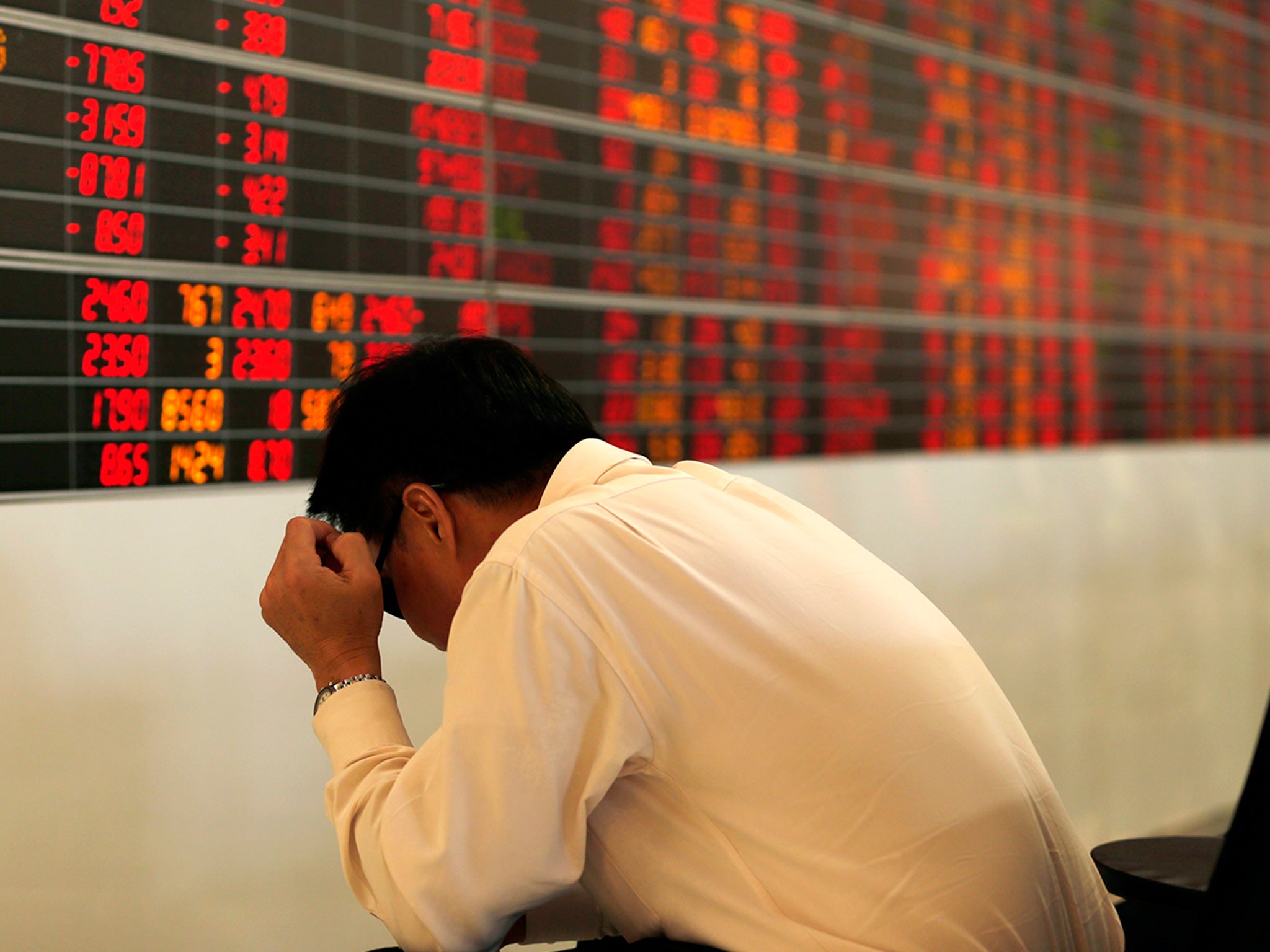Three reasons why the Great Fall of China is not as bad as it seems
Markets are falling, but we're not heading for another recession. The global economy is far stronger than it was in 2008

Markets around the globe have tumbled, billionaires have lost billions, companies and shareholders have suffered, and the emerging markets have had a shocking start to the week.
But is it all doom and gloom? As the global economic meltdown claims one financial victim after the other, here are a few important points to remember.
The FTSE is not in freefall
It is true that the FTSE 100 is down now for 10 straight days prior. This is clearly a much more significant and speedy decline than the many 5-10% pull-backs that we've seen over the past few years. All developed stock markets - the US, UK, Europe, Japan - have had an almost continuous 6-year bull market, but there have been signs over recent 1-2 years that the upward momentum has been slowing.
Most FTSE companies are still in fundamentally decent shape, although optimistic (some might say greedy) investors have been pricing in some strong, possibly over-ambitious, future earnings growt. This now looks overly positive in light of the issues currently facing China. It may very well be many months or even years before the FTSE recovers towards its all-time highs, but we’re not in for another 2008-style crash
The US economy, the catalyst for the 2008 crash, is in better shape than it was in 2008, and so even though the FTSE may fall a few hundred points more it is likely that most developed stock markets will stabilise soon and settle at levels maybe 10-20% below their historical highs.
Markets will be attractive again soon, and corrections are healthy
China’s economic slowdown has been a source of great worry to global markets. China is clearly the main catalyst this time – whereas the US was the catalyst in 2008. Despite panic selling in recent days, most market participants have seen this situation before and markets should soon reach attractive levels for investors to buy again.
It can actually be healthy for stock markets to have occasional “clear-outs” since investors can get lazy and greedy if markets just keep going up and up.
The Chinese government is learning how difficult it can be to control national and international financial markets. They were active in encouraging stock market investments through 2013-14, which saw the Chinese stock market more than double in value, but since then they have looked rather desperate in their efforts to halt the panic selling.
Given the faltering Chinese economy (and the previously over-inflated stock prices) combined with the relatively inexperienced local investment community in China, volatility is no big surprise. We've seen stock market bubbles many times before; no doubt we’ll see more in the future.
It's a minor setback for the UK economy, but the recovery is still on track
The performance of the UK stock market has a direct impact on the UK economy, not least since significant stock market declines reduce consumer confidence. Also, many companies rely on the stock market for financing, so a weak stock market hampers this money-raising activity.
A quite significant blow to the economy may be felt through the decreased feeling of financial wealth within private households. This causes private consumption, and hence the economy, to slow down.
But I don’t expect interest rates to rise in UK until well into next year, and I don’t expect the British Pound to be much affected by the current turmoil, since all major developed economies should be similarly affected by this stock market turmoil.
Western economies are still taking tentative steps towards recovery after years of weakness. The fear is that this stock market selling will set back this process by many months, but the recovery will still be very much on track once the markets stabilise.
Paddy Osborn is an experienced trader and Academic Dean of the London Academy of Trading


Join our commenting forum
Join thought-provoking conversations, follow other Independent readers and see their replies